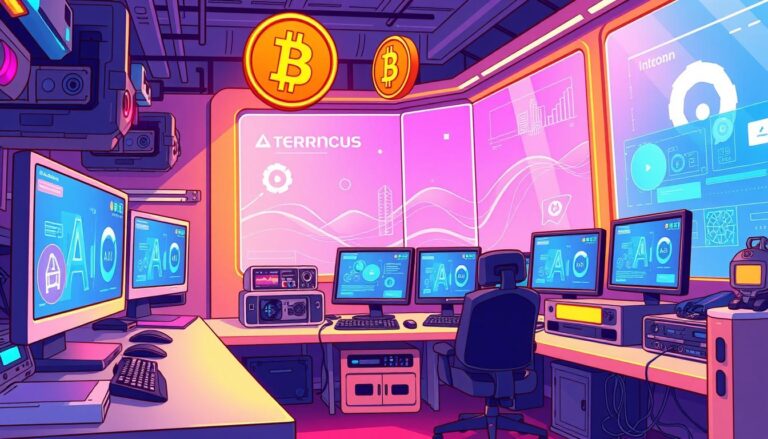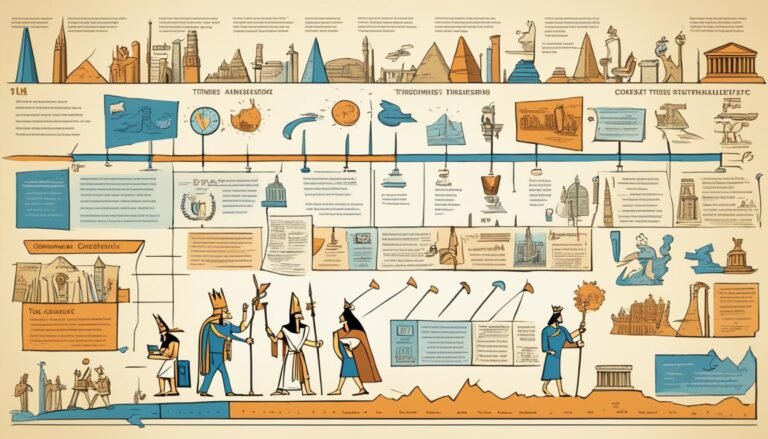Understanding Our Economy: Key Learning Principles You Need to Know
Understanding the economy is essential in today’s fast-paced world, whether for personal financial planning, career advancement, or making informed decisions about society’s major issues. Economic principles influence nearly every aspect of our lives, from the prices of goods and services to employment opportunities and governmental policies. Here’s a breakdown of key economic principles that will help you grasp the basics and interpret the complexities of the economy. Keep on reading to learn more!
1. Supply and Demand: The Foundation of Market Dynamics
One of the most fundamental principles in economics is supply and demand, which determines the price and availability of goods and services in any market. Supply refers to how much of a product or service is available, while demand is the quantity people are willing to purchase at a specific price. The interaction between these two factors sets market equilibrium, where the supply of a good matches its demand, stabilizing the price.
Understanding supply and demand can help explain why prices fluctuate. For instance, when a new smartphone is released, high demand and limited supply often lead to increased prices. Once demand stabilizes and supply catches up, prices tend to drop. This principle applies across markets and is key to interpreting economic trends and making sound financial decisions.
2. Opportunity Cost: The Cost of Every Choice
Opportunity cost refers to the value of the next best alternative when a choice is made. In other words, it’s the cost of what you give up when you choose one option over another. This principle is vital in personal finance, business, and government decision-making, as it emphasizes the importance of considering trade-offs.
For example, if a company decides to allocate resources to produce more of Product A instead of Product B, the opportunity cost is the potential profit that could have been made from Product B. In personal finance, if you choose to spend money on a vacation rather than saving or investing it, the opportunity cost is the potential interest or returns you could have earned. Understanding opportunity cost helps individuals and organizations make choices that maximize value.
3. Scarcity and Resource Allocation: Managing Limited Resources
Scarcity is the concept that resources—such as time, money, labor, and materials—are limited, while human wants are virtually limitless. This principle underpins many economic decisions, as it forces individuals, businesses, and governments to prioritize how resources are allocated.
In an economy, scarcity compels choices on what to produce, how much to produce, and for whom to produce. For instance, a government with limited tax revenue must decide how much to spend on healthcare, education, and infrastructure, each of which competes for funding. A solid understanding of scarcity and resource allocation helps in assessing policies and budgeting decisions effectively. Working with an economics tutor, Mr Melvin Koh, and other similar tutors can provide insights into how societies address these challenges through different economic models. That way, you’ll be sure you are on the right path.
4. Inflation and Purchasing Power: Understanding Price Changes
Inflation is the general increase in the prices of goods and services over time, which reduces purchasing power—meaning your money doesn’t go as far as it used to. Moderate inflation is often a sign of a growing economy, while high inflation can erode savings and make it difficult for people to afford basic necessities.
For example, if the annual inflation rate is 3%, an item that costs £100 today might cost £103 next year. As inflation rises, wages may need to increase to keep up with the higher cost of living. However, if wages don’t keep pace, purchasing power declines. Understanding inflation and its impact on purchasing power is essential for financial planning and investment decisions.
5. Economic Growth and GDP: Measuring Economic Health
Economic growth is typically measured by Gross Domestic Product (GDP), the total value of goods and services produced within a country over a specific period. GDP growth indicates an expanding economy, often leading to more jobs and higher income levels. However, if GDP growth is stagnant or declining, it can signal economic troubles such as unemployment and decreased consumer spending.
Monitoring GDP growth helps economists and policymakers determine the health of an economy and make decisions on issues like interest rates and fiscal policies. A comprehensive understanding of GDP and economic growth enables individuals and businesses to align their goals with broader economic conditions.
Understanding fundamental economic principles like supply and demand, opportunity cost, inflation, and fiscal policy provides a clearer perspective on how the economy functions and impacts our daily lives. These concepts are not only useful for making informed financial decisions but also essential for interpreting government actions and business trends. For those seeking a deeper grasp of these topics, working with a knowledgeable Economics tutor can offer personalized insights and strategies, helping you develop a strong foundation in economics and navigate today’s complex economic landscape.






